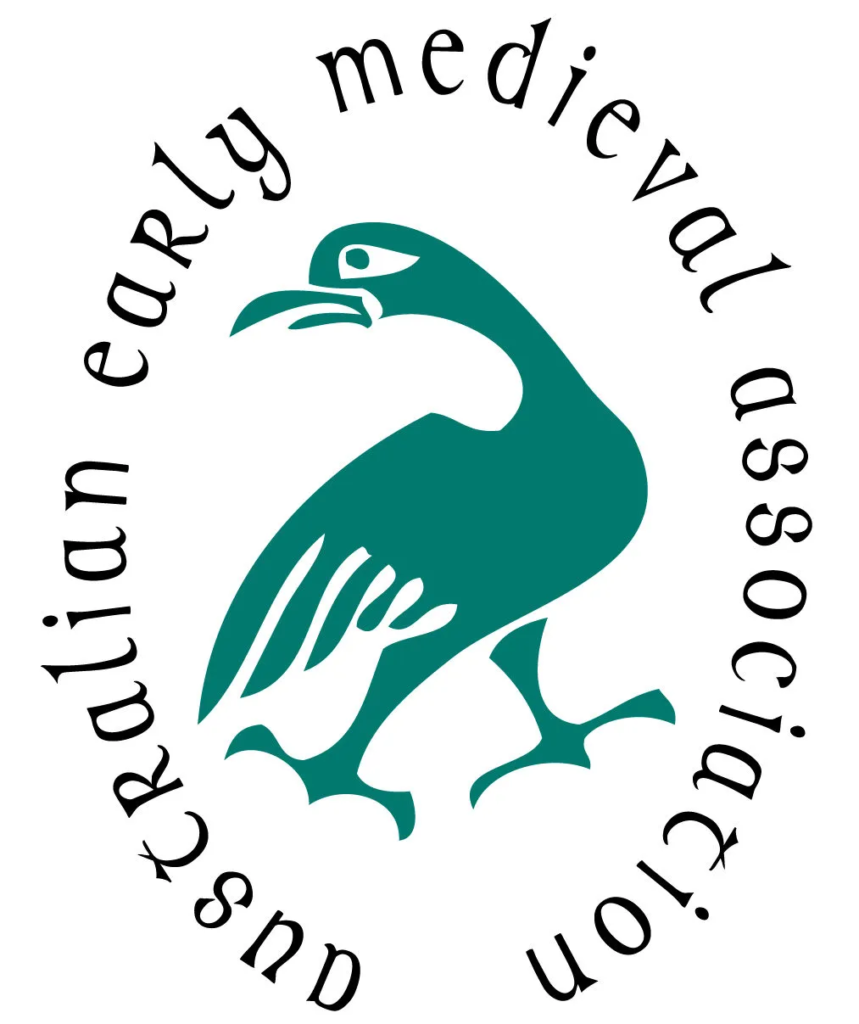The Tenth Australian Conference of Celtic Studies will be hosted by Celtic Language Teaching and Research, School of Art, Communication and English, The University of Sydney from Monday 25 September to Wednesday 27 September 2023 in person at The University of Sydney and online.*
Conference Committee:
Dr Pamela O’Neill
Professor Daniel Anlezark
Murray-Luke Peard
Keynote speakers:
Dr Elizabeth Boyle, Maynooth University
Professor Mark Byron, The University of Sydney
Call for Papers
Papers are invited on any topic falling within the academically recognised discipline of Celtic Studies. Papers taking a comparative or reception approach to areas within
Celtic Studies are also welcome. Papers will be of 20 minutes’ duration follow by
10 minutes’ question time.
Abstracts of up to 300 words (accompanied by a bio of up to 100 words) should be sent to Dr Pamela O’Neill pamela.oneill@sydney.edu.au by Monday 24 July 2023.
Offers of grouped papers or non-traditional sessions such as round-tables will also be considered, with a preferred duration of 90 minutes. Scholars intending to offer such sessions are encouraged to contact Dr O’Neill informally in the first instance.
Acceptances will be issued by 31 July 2023. Requests for earlier acceptances for the purpose of funding applications, travel arrangements, etc, will be accommodated
wherever possible.
It is intended that a subsequent publication in memory of Anders Ahlqvist, inaugural Sir Warwick Fairfax Professor of Celtic Studies at the University of Sydney, will include a number of papers from the conference.
*Online sessions will take place in the early evening Sydney time, to facilitate international participation, and will be projected in the conference room for those attending in person.


